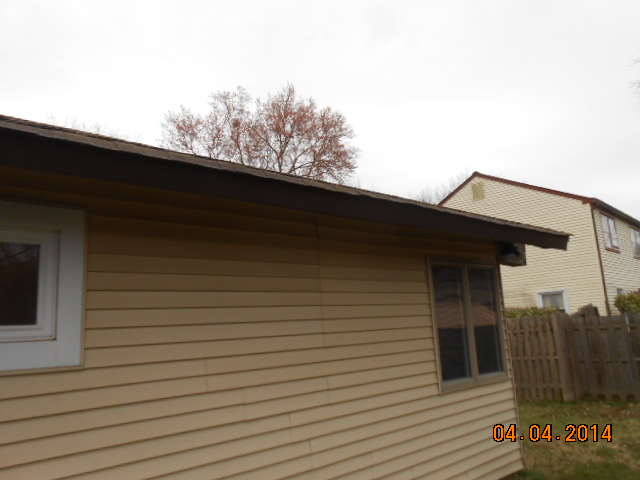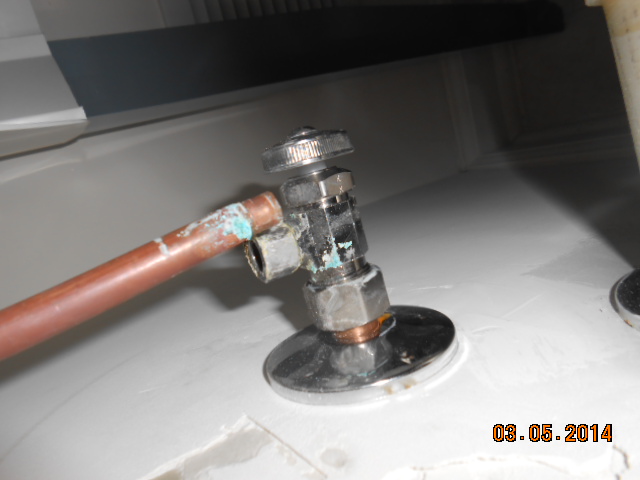Every once in a while I come across a home with no gutters.
The point of a gutter and leader (downspout) systems is to collect rainwater from the roof and direct it away from the building foundation by means of leader extensions, splash blocks, or underground drain lines.
An improperly functioning gutter and leader system can add to water and ice backing up against fascias and under roof shingles, can damage soffits, and can discolor or deteriorate siding materials. Faulty gutters and leaders can also lead to soil erosion adjacent to buildings and serious water and foundation displacement problems in basements and crawl spaces.
Gutter systems take more abuse from extreme weather conditions, particularly ice and snow, than any other component of the building envelope. They are also subject to damage from ladders and being stepped on, as well as from falling tree limbs and debris.
Gutters should be sloped a minimum of 1 inch for every 40 feet of run. Standing water may indicate a sagging or incorrectly pitched gutter.




